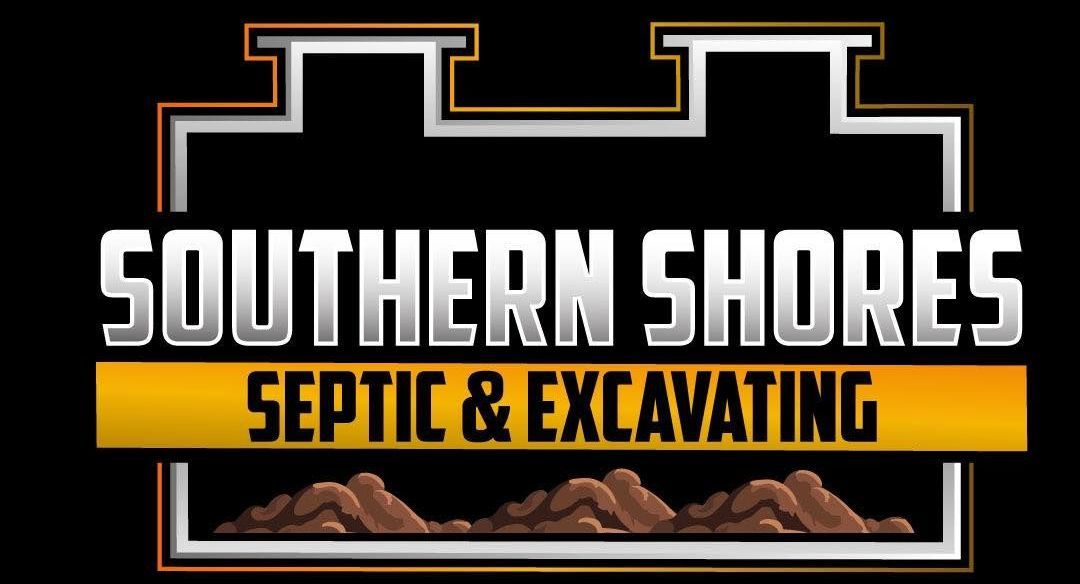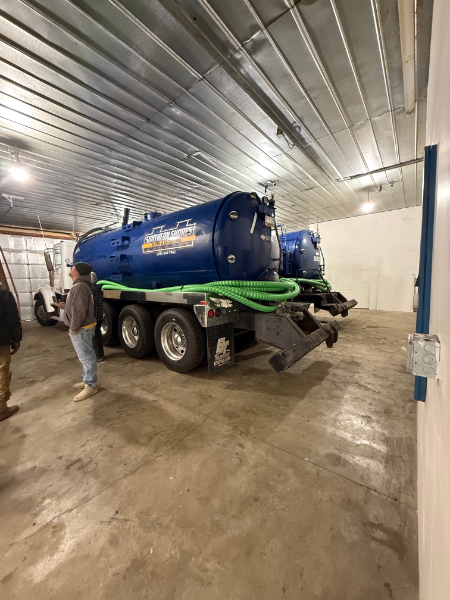A Smart Homeowners Buying Guide To A Complete Inspection
A Smart Buyer's Guide: Why You Need a Home Inspection

Purchasing a home is a major milestone, but it's also a significant financial commitment. While that perfect house might seem flawless at first glance, hidden problems can lurk beneath the surface. That's why a professional home inspection is an essential step for any savvy buyer.
Beyond the Surface:
A thorough home inspection goes far beyond a casual walk-through. A qualified inspector will carefully examine the property's major systems and components, including:
- Structure: Foundation, framing, roof, walls, and overall structural integrity.
- Electrical: Wiring, outlets, switches, and electrical panel.
- Plumbing: Pipes, fixtures, water heater, and drainage. (READ ABOUT OUR SEPTIC INSPECTIONS)
- HVAC: Heating and cooling systems, ductwork, and ventilation.
They'll identify potential issues that may not be visible to the untrained eye, such as:
- Hidden water damage: Leaks, mold, and rot.
- Structural deficiencies: Cracks, settling, and instability.
- Electrical hazards: Faulty wiring, outdated components, and fire risks.
- Plumbing problems: Leaks, clogs, and corrosion. (READ ABOUT OUR SEPTIC INSPECTIONS)
- HVAC malfunctions: Inefficient operation, safety concerns, and potential breakdowns.
Discovering these problems before you finalize the purchase can save you significant time, money, and stress in the long run.
Negotiation Advantage:
A detailed inspection report provides valuable leverage during negotiations. If issues are uncovered, you can:
- Request repairs: Ask the seller to fix the problems before closing.
- Renegotiate the price: Adjust the offer to reflect the cost of necessary repairs.
- Walk away: If the issues are too extensive or the seller is unwilling to cooperate, you have the option to terminate the deal.
Protecting Your Investment:
Think of a home inspection as an investment in your future. It provides:
- Peace of mind: Knowing the true condition of the property.
- Informed decision-making: Understanding potential risks and maintenance needs.
- Budgeting for repairs: Planning for future expenses and avoiding unexpected costs.
Specialized Inspections:
In addition to a general home inspection, consider these specialized inspections:
- Septic System: Evaluate the condition and functionality of the septic tank and drain field.
- Pest and Termite: Identify infestations and potential damage caused by wood-destroying organisms. A termite inspection will identify any existing infestations or signs of past damage.
- Radon: Test for the presence of this harmful gas, which can seep into homes and pose health risks.
Finding the Right Inspector:
Choose a qualified inspector with:
- Experience and licensing: Verify their credentials and expertise.
- Insurance: Ensure they have liability coverage in case of errors or omissions.
- Professional affiliations: Look for membership in reputable organizations like the American Society of Home Inspectors (ASHI).
Don't Skip the Inspection:
A home inspection is a crucial step in the home buying process. It protects your investment, empowers you in negotiations, and provides peace of mind. By being proactive and informed, you can make a confident decision and enjoy your new home for years to come.
You might also like
Septic & Excavation Articles





